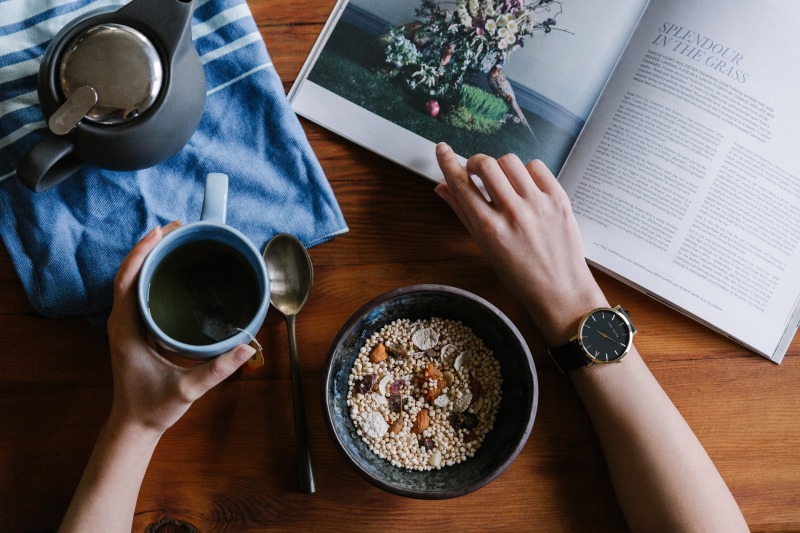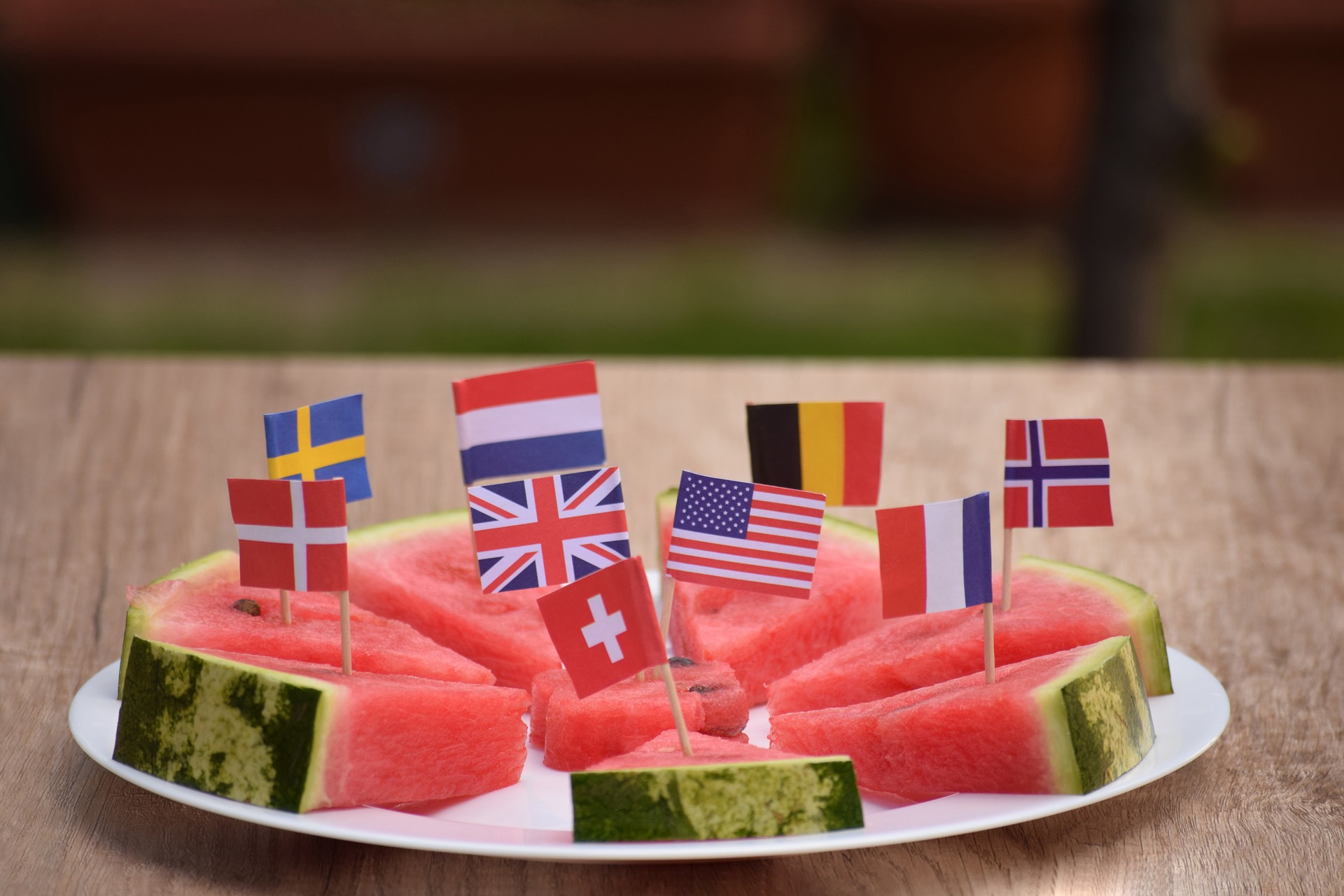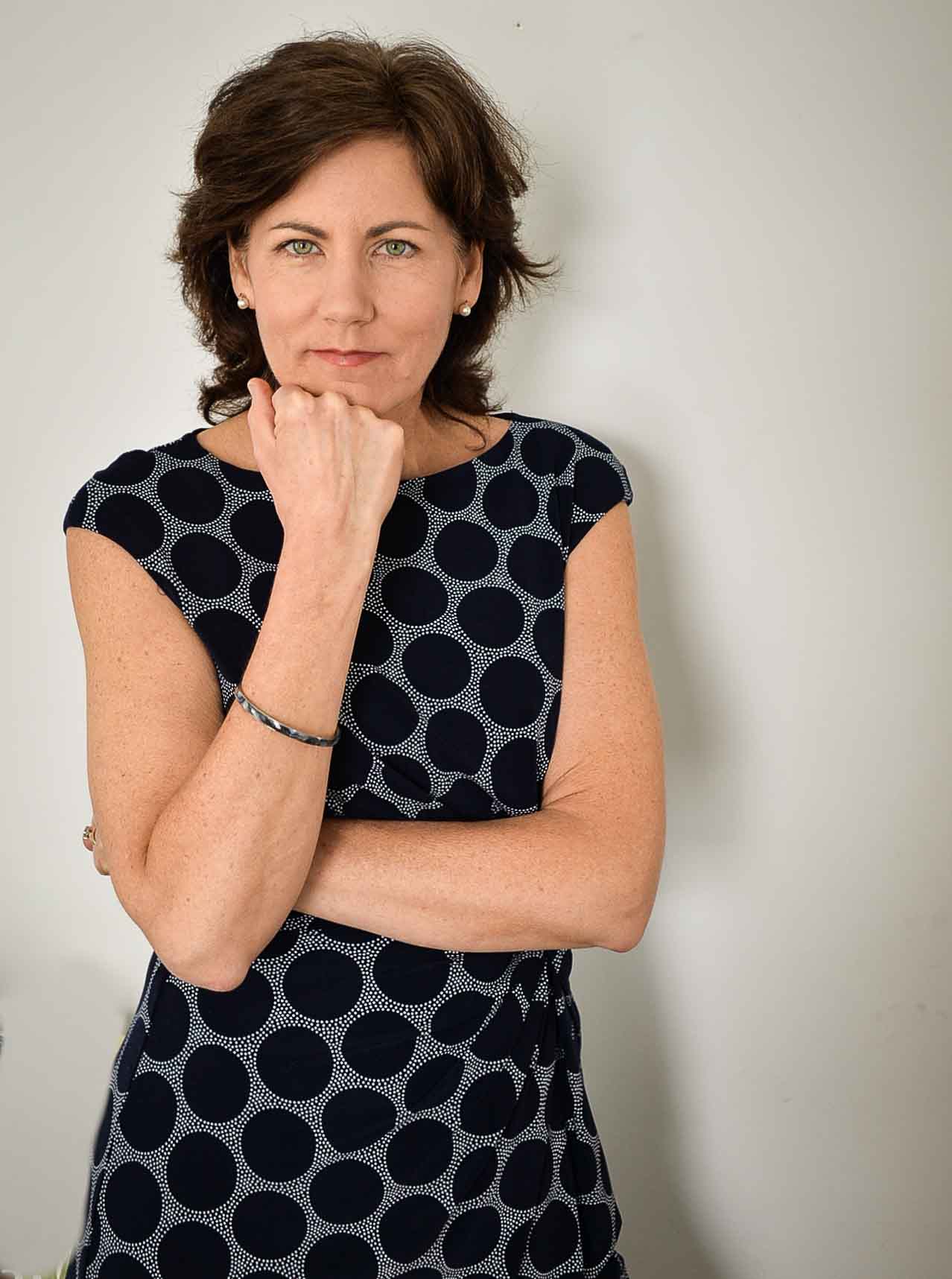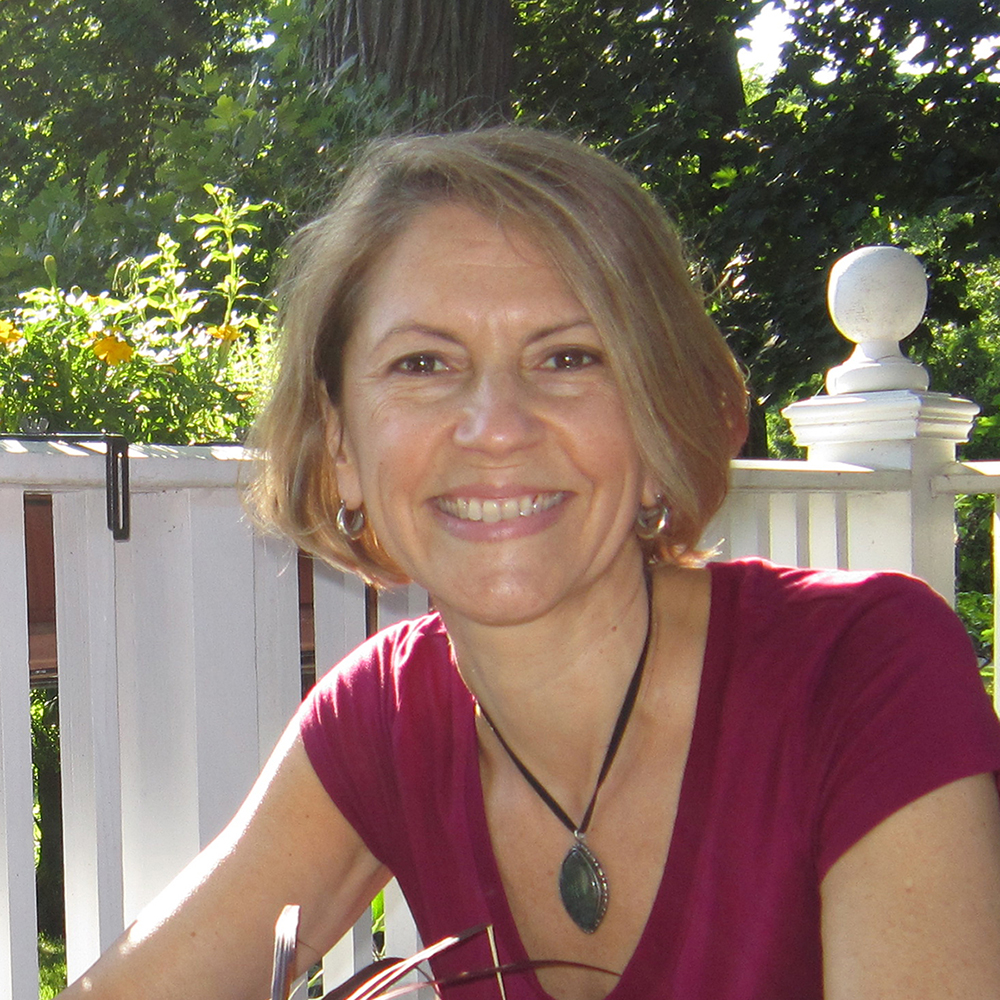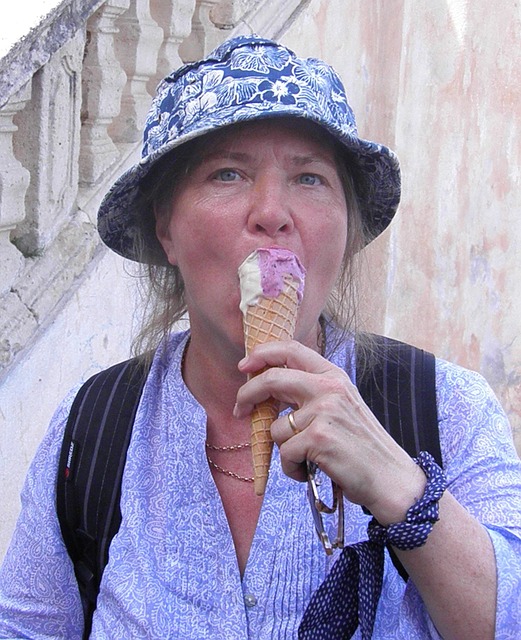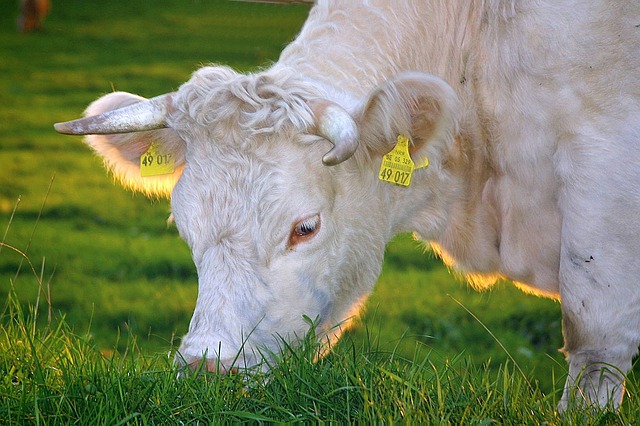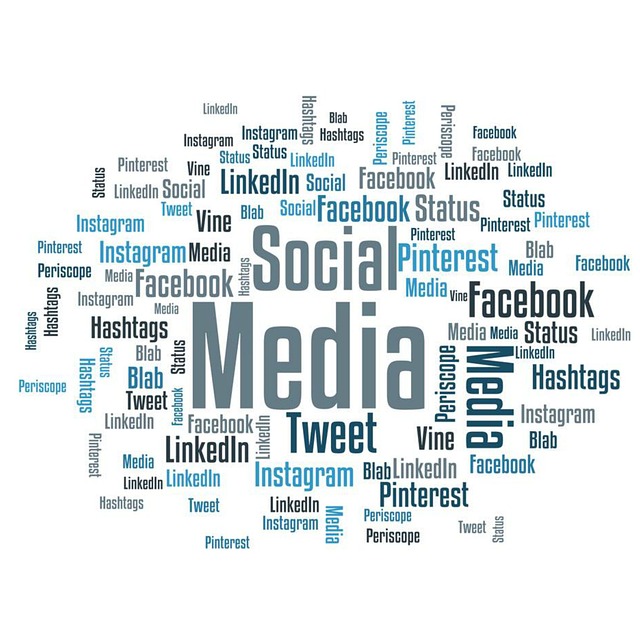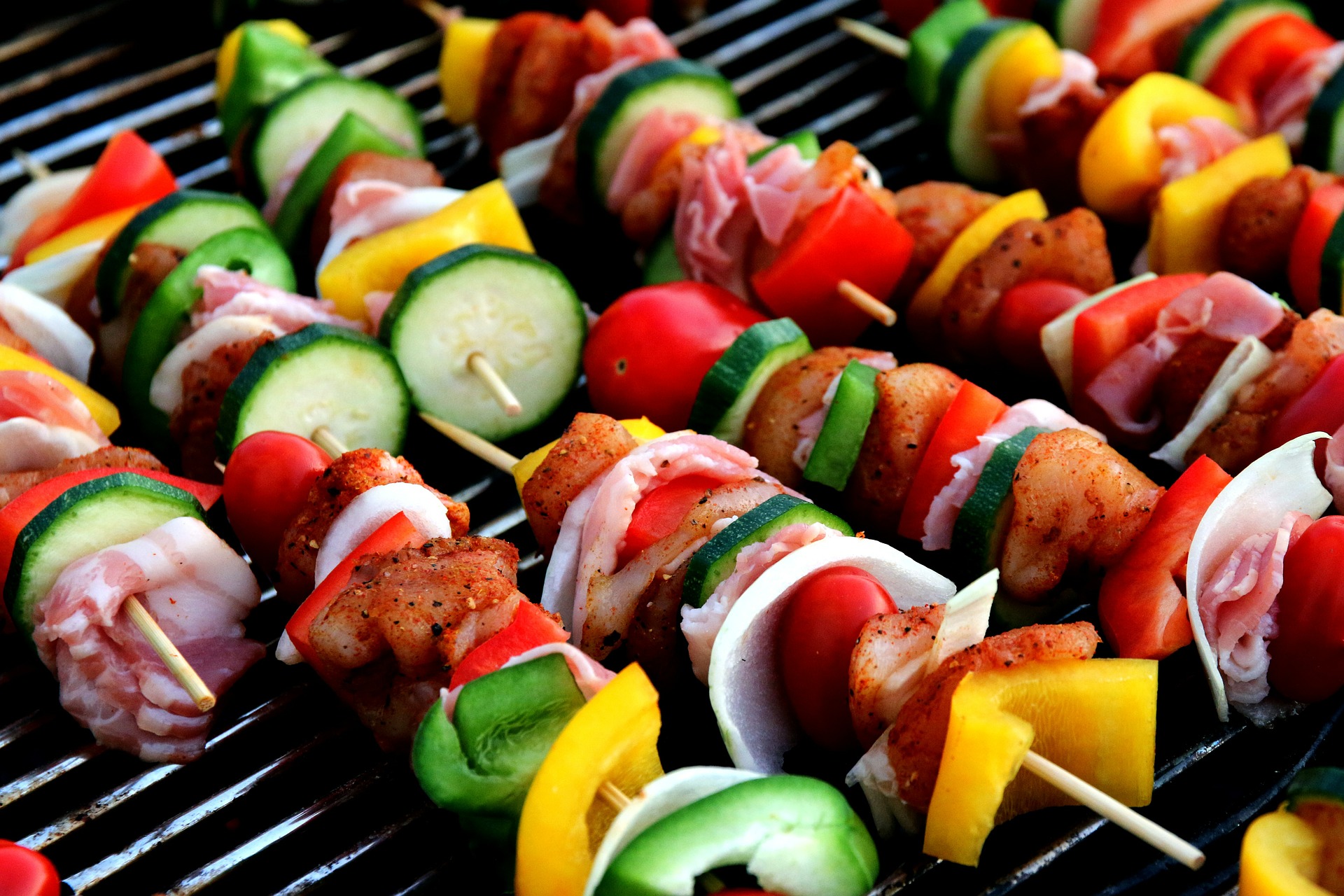
This morning I read a New York Times article announcing “Eat Less Red Meat, Scientists Said. Now Some Believe That Was Bad Advice.” I was surprised at this irresponsible headline, because with all of the information we are hit with each day on the news and social media, many of us just read headlines, stop there, and click and share.
I had to take a closer look. I went to the original study on the Annals, the journal of the American College of Physicians and learned about the panel, and the methodology. The abstract is entitled “Processed Red Meat and Unprocessed Meat Consumption: Dietary Guideline Recommendations From the Nutritional Recommendations (NutriRECS) Consortium.”
The three nutritionists, two doctors, and nine methodologists on the panel put old data from prior observational studies through the GRADE (Grading of Recommendations, Assessment, Development and Evaluation) methodology and determined that the evidence from these prior studies was too weak to justify telling individuals to eat less beef and processed meats. They also considered that people enjoy their meat too much to make a change. That’s like telling your child they don’t have to wear their seat belt if it’s too uncomfortable for them. You can read the abstract here if you like.
Why did I think this conclusion and headline were irresponsible? Well, have you ever struggled with sorting out nutrition fads, the latest diet trend, food marketing, food packaging labels, and confusion about what to eat and what to avoid for good health? Some of us have. And some, as mentioned in the report, just want to eat what they like regardless of the health warnings or benefits.
The report stated they did not consider animal welfare or the environmental impact of eating meat. That is fine if they decided that this was outside of the scope of the study, however, it is also irresponsible to say that the paper is a “recommendation” to not cut back on eating meat.
Over my entire adult life I have read and studied nutrition science, and as a health coach have studied over 100 dietary theories. We can’t ignore the many studies as well as real life anecdotal examples of individuals who have reduced their risks for certain cancers, prevented heart disease and Type 2 diabetes among other conditions and diseases as a result of reducing their meat consumption. As a health coach, I do not recommend one way of eating. It's more complicated than that and believe in bio-individuality.
I know that individuals are dedicated to their style of eating, so much so that we have more labels than we can count to describe how and what we choose to eat. Maybe that is why the panel decided to publish what they must have known was going to be controversial. I smell rotten meat.


